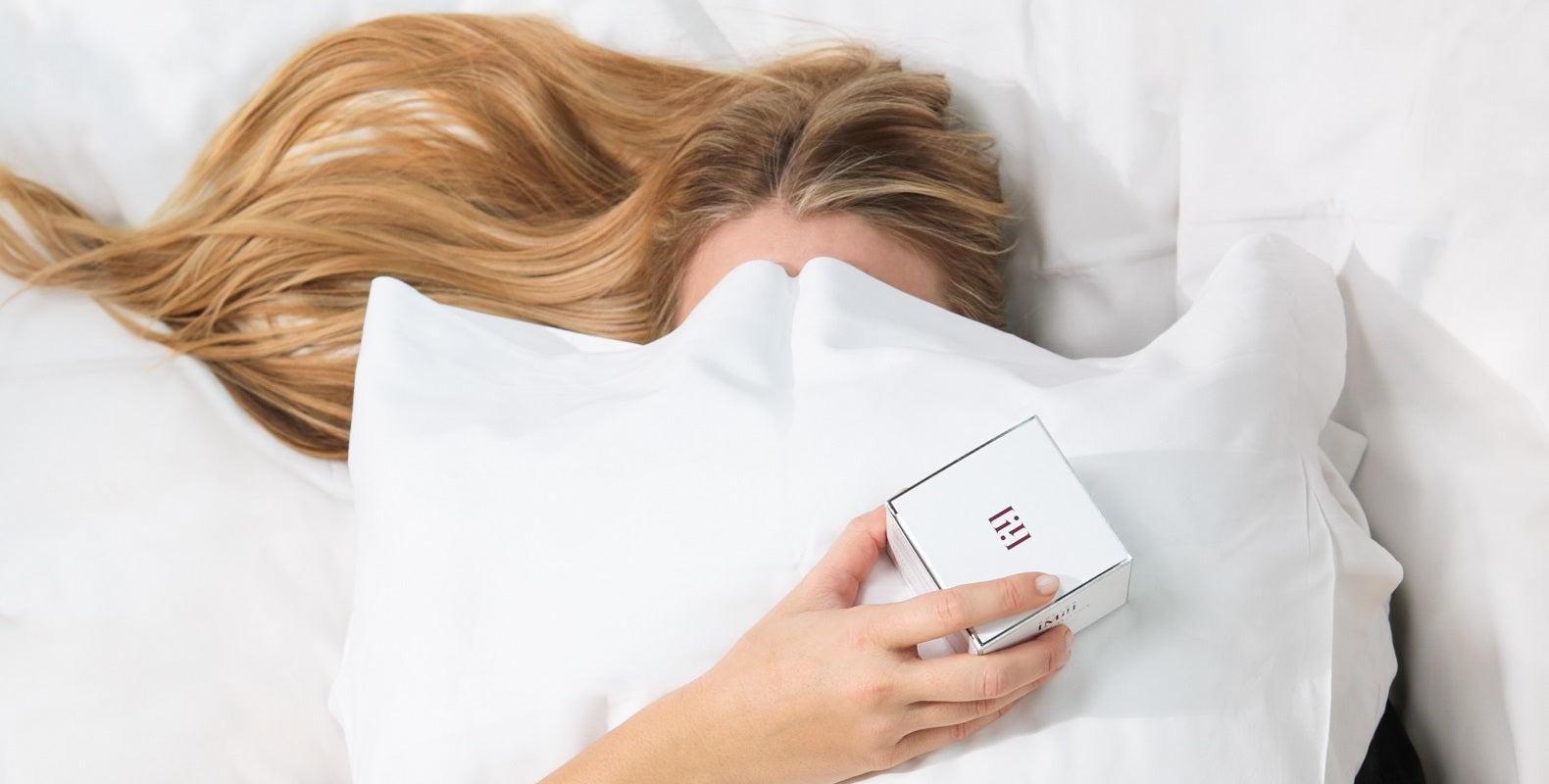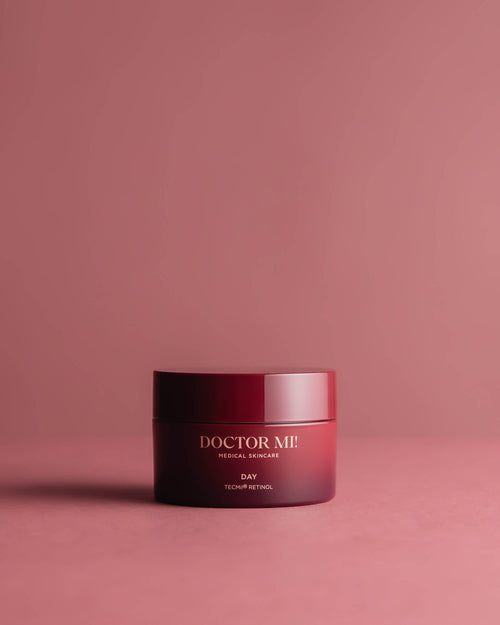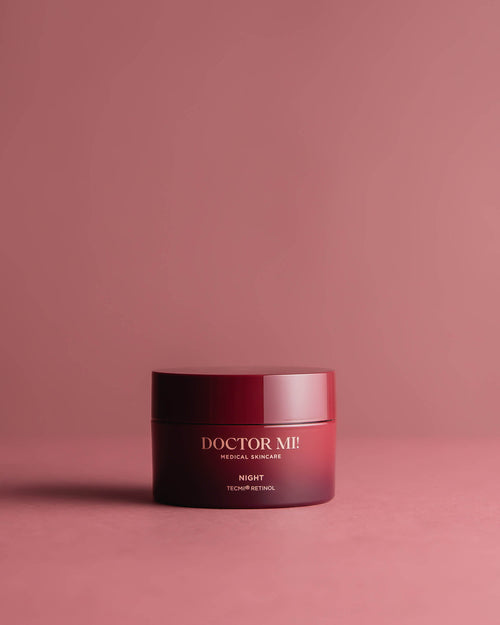Beauty sleep really exists, doctors and researchers agree on that. Those who are well-rested appear more attractive. This is because our body releases a growth hormone at night that ensures our skin regenerates. Therefore, if you want to sleep beautifully, you should go to bed before 11 PM.

Lack of sleep is not only bad for health – it is also visible on those affected: Researchers from the Karolinska Institute in Stockholm have proven this in studies: They photographed 23 test subjects twice, once after eight hours and once after five hours of sleep. These photos were then shown to 65 people by the scientists. The result was clear: The test subjects described the well-rested individuals as healthier and more attractive. But why is that? And what happens to the skin during sleep?
Skin cells renew themselves at night
Jürgen Zulley, a sleep researcher at the University of Regensburg, explains the reason for this: "During sleep, a growth hormone is released that ensures our skin can regenerate. If we sleep too little or the deep sleep phase, which is the most important for the release of the hormone, is disturbed, it becomes immediately noticeable: the skin becomes thinner, and wrinkles form."
Because after a day full of UV radiation, soot particles, and sebum, the skin needs its well-deserved regeneration at night. Skin cells renew themselves three times faster than during the day while we sleep. At one o'clock in the morning, skin activity reaches its peak. So, if you want to beautify yourself through sleep, you should go to bed before 11 p.m.
The right care can help support the regeneration of the skin. Because at night, the skin is especially receptive to active ingredients that stop skin aging. This way, everyone can ensure their perfect beauty sleep: "At night, you use a different skin cream than during the day," says beautician Gabriele Bergmann from the German Beauty and Wellness Farm Association in Bad Kissingen. "During the day, our skin needs protection from UV rays, dirt, and other environmental factors. At night, when the skin recovers, regenerative active ingredients like ribonucleic acid come into play."
The right cleaning comes first
In order for the skin to absorb these active ingredients, you should thoroughly cleanse it in the first step. Going to bed without washing risks redness, itching, and pimples. The following products are ideally suited for this:
- CLEAN: This mild cleansing gel reliably removes even eye makeup, so you can safely do without an additional makeup remover.
- PEEL: This particularly finely ground cherry pit scrub reliably removes excess skin flakes without irritating the skin. Due to its gentle formulation, it is suitable for daily cleansing.
- TONE: As a gentle yet thorough AHA toner, TONE is ideally suited to balance the skin's pH and reliably cleanse it. TONE is suitable for all skin types except oily skin: here, the use of TONE.S is recommended, which has a higher content of oil-soluble salicylic acid and is therefore optimal for oily skin.
Vitamin A & fruit acids help the skin to rejuvenate
Only when the pores are cleaned can the skin absorb the care products through the pores. Many anti-aging products are supposed to be applied before going to bed. Because when the skin renews itself, it is the right time to support it with effective substances so that they can accelerate the regeneration process. The right product can fully develop its effectiveness here.
The body produces collagen
Even though the market offers numerous products containing collagen, the dose that our body produces itself during sleep is much higher. During sleep, the body releases growth hormones that ensure firm skin and repair scars and acne. Incidentally, collagens also have a positive effect on hair and nails.
Sleep reduces stress hormones
Night rest not only provides recovery for body and mind but also has a positive effect on the skin. Because those who consistently sleep too little have a higher concentration of the stress hormone cortisol. Constantly elevated cortisol levels disrupt cell healing processes and accelerate skin aging. Everyone knows the superficial effects of sleep deprivation: eyelids swell, dark circles appear, and the skin becomes pale and dull.
But how long should beauty sleep last? Every person needs a different amount of sleep. On average, Germans sleep seven to eight hours a day. However, there are also long sleepers who need up to ten hours of sleep a day and short sleepers who get by with five or six hours. What matters, however, is not the duration but the restorative value of the sleep.
It's not the quantity, but the quality that counts
A healthy sleep environment can support beauty sleep. The bedroom should be well-ventilated and darkened, with a temperature of 17 to 19 degrees. To prepare the body for nighttime rest, one should avoid dwelling on problems in the evening and instead engage in relaxing activities, such as reading a book or taking a walk. Those who eat dinner well before going to bed also sleep better. Following these tips can help you sleep beautifully more easily.





